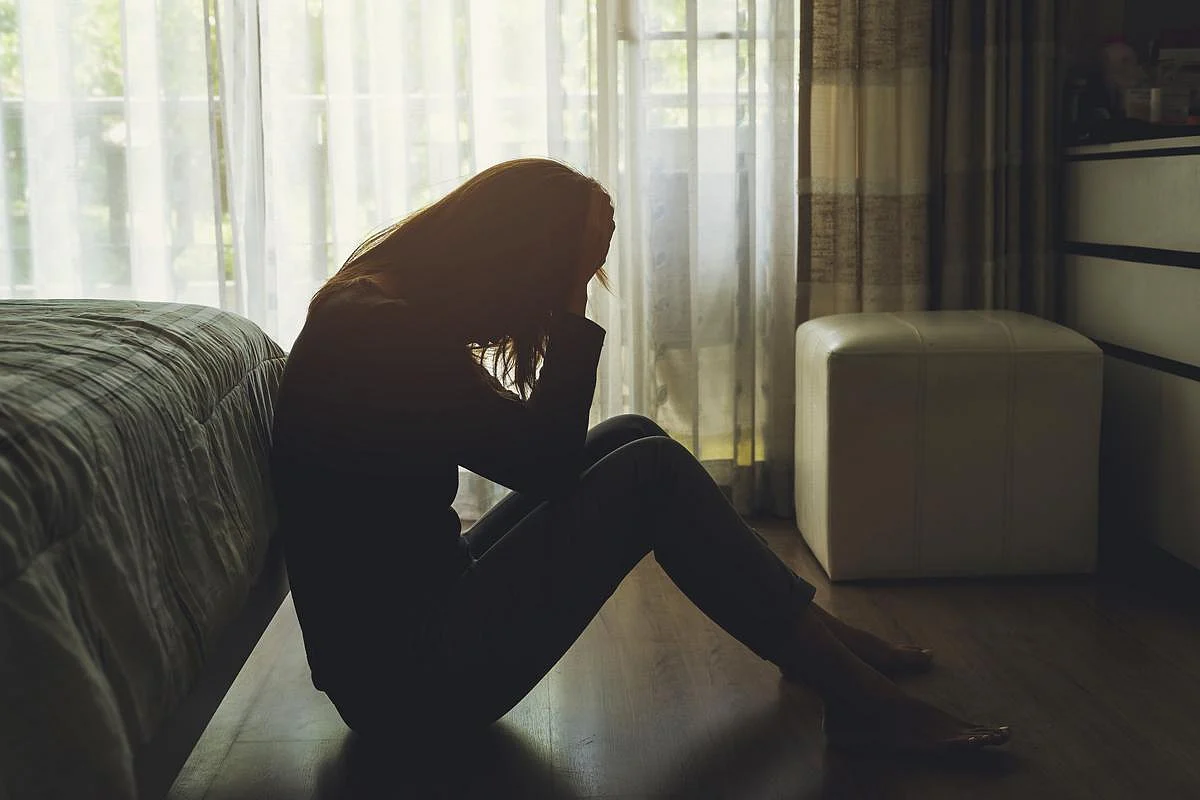Insomniacs With Inflammation Prone To Depression
THURSDAY, July 17, 2025 — Insomniacs have a much higher risk for depression if they have chronic inflammation, a new sleep lab experiment says.
Seniors with insomnia were three times as likely to report symptoms of depression if they’d been dosed with a substance that promotes inflammation, according to results published July 16 in JAMA Psychiatry.
“Insomnia not only robs older adults of rest but also primes their immune system to make them uniquely vulnerable to depression when faced with inflammation,” said lead researcher Dr. Michael Irwin, director of UCLA Health’s Cousins Center for Psychoneuroimmunology.
“Treatments targeted at this inflammation-related depression may prevent depression and benefit these patients to improve their overall quality of life,” he said in a news release.
For the study, researchers recruited 160 adults 60 and older in Los Angeles, of whom 53 had insomnia.
Roughly half of the participants were exposed to an endotoxin intended to create short-term inflammation, including 26 people with insomnia and 53 healthy sleepers.
Results showed that insomniacs with inflammation were three times more likely to have depressive mood and symptoms than healthy sleepers with inflammation.
People with insomnia also were depressed far longer after their inflammation was induced, showing a bummed mood for six hours or longer. By comparison, any increases in depression among healthy sleepers were short-lived, researchers said.
Chronic inflammation has already been tied to illnesses like heart disease and cancer, researchers said in background notes.
As humans age, more inflammation is likely to occur as cells wear down and the immune system falters, researchers said. This can be made even worse by illness, stress, unhealthy habits or pain.
It’s possible that chronic sleep loss can make the brain more susceptible to inflammation, researchers said. Inflammatory biochemicals might be more able to slip into sleep-deprived brains, or a lack of sleep might prime brain cells to react more to inflammation.
“This rigorous, experimentally controlled randomized clinical trial found for the first time that inflammatory challenge with endotoxin induces increases in depressed mood and depressive symptoms in older adults and that depression responses were robustly exaggerated, both in magnitude and duration, in older adults with insomnia compared to those without insomnia,” researchers concluded in their paper.
Further study is needed to show whether controlling inflammation might reduce depression in people with insomnia, researchers said.
Sources
- JAMA Psychiatry, July 16, 2025
- UCLA, news release, July 16, 2025
Disclaimer: Statistical data in medical articles provide general trends and do not pertain to individuals. Individual factors can vary greatly. Always seek personalized medical advice for individual healthcare decisions.
© 2025 HealthDay. All rights reserved.
Read this next
Doctors Warn Against Mouth Taping During Sleep
MONDAY, Sept. 29, 2025 — Taping your mouth shut before bed may seem like a quick fix for better sleep, but doctors are raising serious alarms about this viral social media...
OpenAI Launches Teen-Safe ChatGPT With Parental Controls
THURSDAY, Sept. 18, 2025 — Teenagers chatting with ChatGPT will soon see a very different version of the tool — one built with stricter ways to keep them safe online...
Sleep Difficult For LGBTQ+ Teens, Study Says
WEDNESDAY, Sept. 17, 2025 — LGBTQ+ teenagers in the United States might be losing sleep due to violence, bullying and rejection, a recent study says. Gender and sexual...
More news resources
- FDA Medwatch Drug Alerts
- Daily MedNews
- News for Health Professionals
- New Drug Approvals
- New Drug Applications
- Drug Shortages
- Clinical Trial Results
- Generic Drug Approvals
Subscribe to our newsletter
Whatever your topic of interest, subscribe to our newsletters to get the best of Drugs.com in your inbox.


